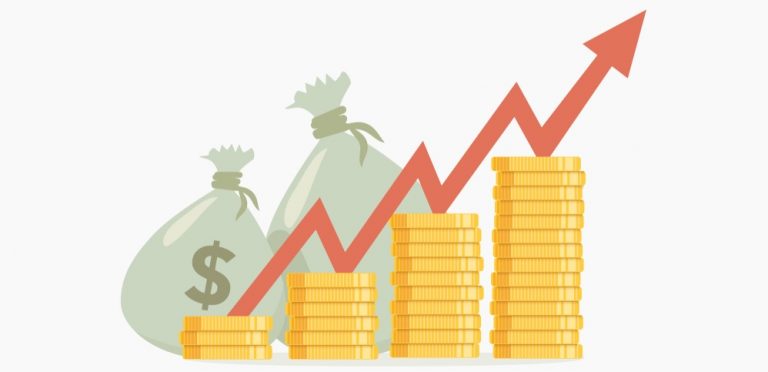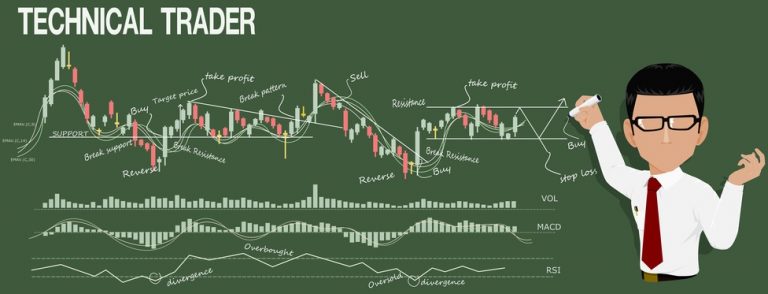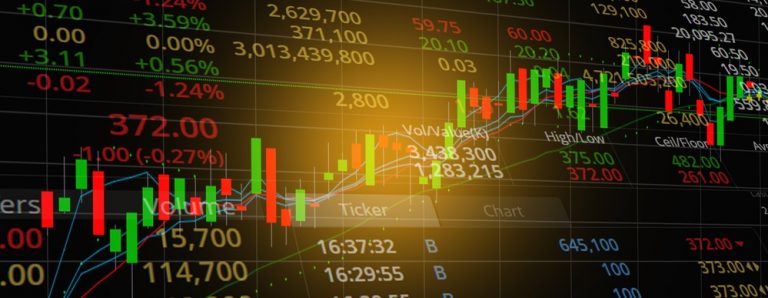
Contracts for difference are being traded in increasing volumes by traders from all walks of life, as a versatile, dynamic trading product with plenty of profit potential. One of the fastest growing instruments by trade volume, CFDs have been the focus of more than their fair share of column inches in recent years, with the financial press going nuts for what is, on the face of things, a very attractive retail investment product. So what is it about CFDs that make them different, and what in particular renders them a standout investment product? Furthermore, why should you consider trading CFDs as part of your wider portfolio, and how can you go about integrating CFDs into your trading style?
CFDs Bring Leverage
CFDs as an instrument appeal to institutional and retail investors alike for the flexibility and potential yield. While the benefits of trading CFDs are multifaceted, the starting point always has to be leverage, and the impact leverage can have on your trading fortunes. Indeed, if you were to ask a hundred traders why they choose CFDs as an instrument, you’d hear leverage as by far the most common answer. CFDs are by their very nature heavily leveraged, which means transaction sizes are artificially inflated to deliver larger returns. Traders cover a minimum required amount, known as margin, and the rest is notionally made up by the broker to facilitate a position often up to 20 times larger than the trader’s available capital resources.
Leverage works much like the gears in a car – in fact, so much so, that it is also known as ‘gearing’. Suppose a trader has $100 to invest. He could choose to buy $100 in shares, or he could choose to buy $100 in CFDs – even in like for like markets, the $100 will buy more CFDs than shares directly, and the returns from the CFD trade would outstrip the returns from the share trade many times over. For example, with a margin requirement of 20%, the $100 would actually buy $5000 worth of CFD exposure. This larger transaction size means that gains (and losses) are amplified, so effectively serves to up the ante when it comes to the amounts of money you can earn and lose from trading.
CFD Trading Offers Flexibility
Another key advantage and core reason why many traders are now choosing to invest through CFDs is the flexibility they offer over other, like instruments. CFDs can be taken both long and short, can be opened and closed relatively quickly, and are as a resultant particularly useful in hedging and portfolio building. Essentially, CFDs can do whatever you need them to do, allowing you to profit from both the upside and the downside of certain markets. And, of course, all with the help of handsome leverage weighing in to increase the gains you can expect to realise.
As if this wasn’t enough, and you needed even more reason to consider CFDs, they are also a tax-efficient instrument when compared to many others, particular share dealing, with a stamp duty exemption limiting the tax bill and having a not insubstantial effect for frequent traders.
CFDs are generally considered a vital tool in the modern trader’s toolbox, and having them at your disposal definitely presents a range of advantages. Whether you’re a new trader looking to get stuck in to the markets for the first time, or you’re a trader with a bit more experience looking at diversifying your trading base, CFDs can be the perfect instrument for further consideration.






